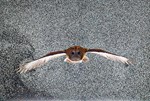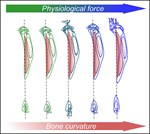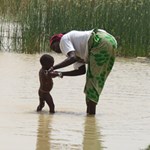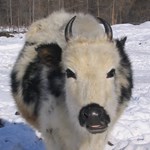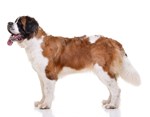Search - Research
161 - 170 of 180 results
-
RVC research highlights the potential gains from early conversations and treatment for newly diagnosed cats with diabetes
New research from the Royal Veterinary College (RVC) has shed new light on the epidemiology, risk factors and outcomes for cats diagnosed with diabetes mellitus in the UK. The findings offer vital information for veterinarians and owners that could … -
New RVC study sheds light on the prognosis of aggressive canine cancer
New research from the RVC VetCompass Programme has provided fresh insights into survival rates for dogs diagnosed with haemangiosarcoma, one of the most aggressive cancers in companion animals. Despite an association with extremely poor survival … -
Birds in flight share lessons for future aircraft designs
There is much still to learn from birds in flight when developing small and more efficient aircraft, a team of scientists at the RVC has concluded -
How curved are your bones? RVC study finds smart bones curve to protect against fracture
How curved are your bones? RVC study finds smart bones curve to protect against fractureBone adaptation to physiological forces at the organ level is not related to local mechanical …
-
Can mosquitoes stop us going bump in the night?
International, collaborative research group led by the Royal Veterinary College (RVC) has demonstrated how the mosquito avoids obstacles in the dark by sensing changes in the airflows generated by its flapping wings. -
New award-winning RVC research reveals the importance of a One Health approach if elimination of a major parasitic disease is to be achieved
This study highlights how viable zoonotic hybridisation between parasites of humans with those of animals, together with wider ecosystem contexts, can affect the transmission and resilience of the disease.A new study published in Lancet Planetary Health led by the Royal Veterinary College (RVC), working …
-
New research from the RVC explores the genetic adaptions and evolution of livestock and wild animals in response to extreme climates
Genetics of extreme climate adaptation which help the world’s most northern Yakut cattle population in Siberia survive their extreme cold environmentNew research from the Royal Veterinary College (RVC) and the Institute of Cytology and Genetics in …
-
New RVC research reveals dog breeds with folded ears more likely to suffer from blood blisters of the ear
Aural haematoma, also known as a ‘blood blister of the ear’, is a distressing condition for dogs where the ear flaps fill with bloody fluid. -
English Cocker Spaniels – a fairly typical, but potentially moody, dog
A new study from the Royal Veterinary College illuminates the most common disorders in English Cocker Spaniels in the UK, aiding owners to know what to expect if they get this breed New research from the Royal Veterinary College (RVC) has found … -
Love is blind? Many owners of short-muzzled dogs are strongly bonded to their pets but unaware of health problems
Love is blind? Many owners of short-muzzled dogs are strongly bonded to their pets but unaware of health problemsThe largest study to date on the owners of short-muzzled dogs reveals close bonds between them and …



